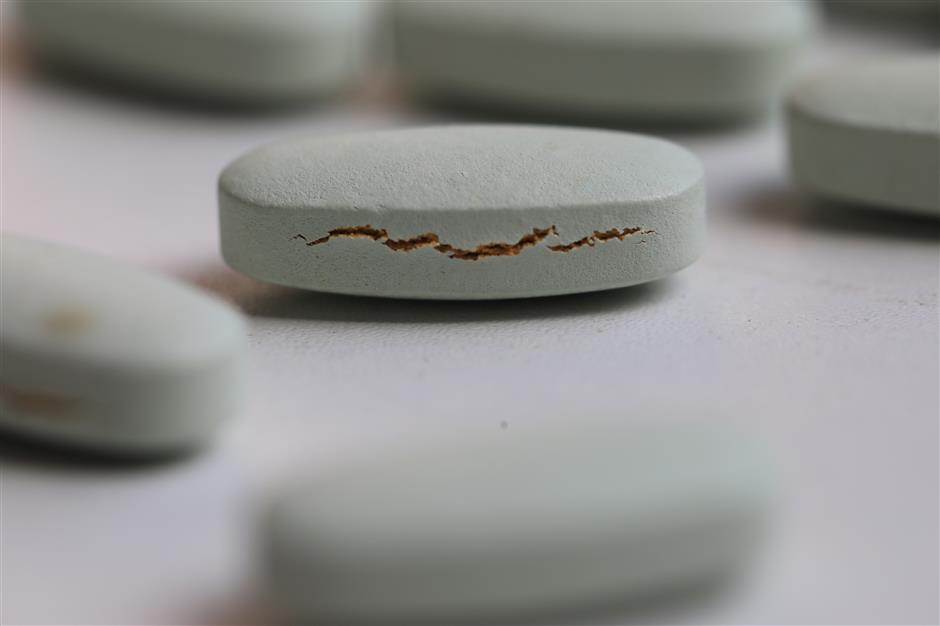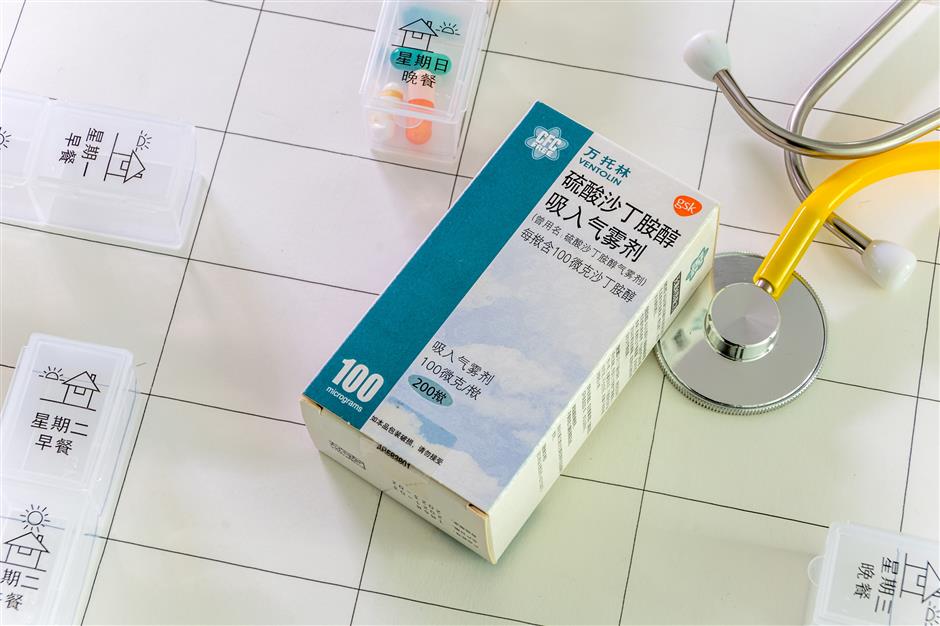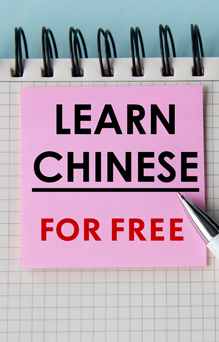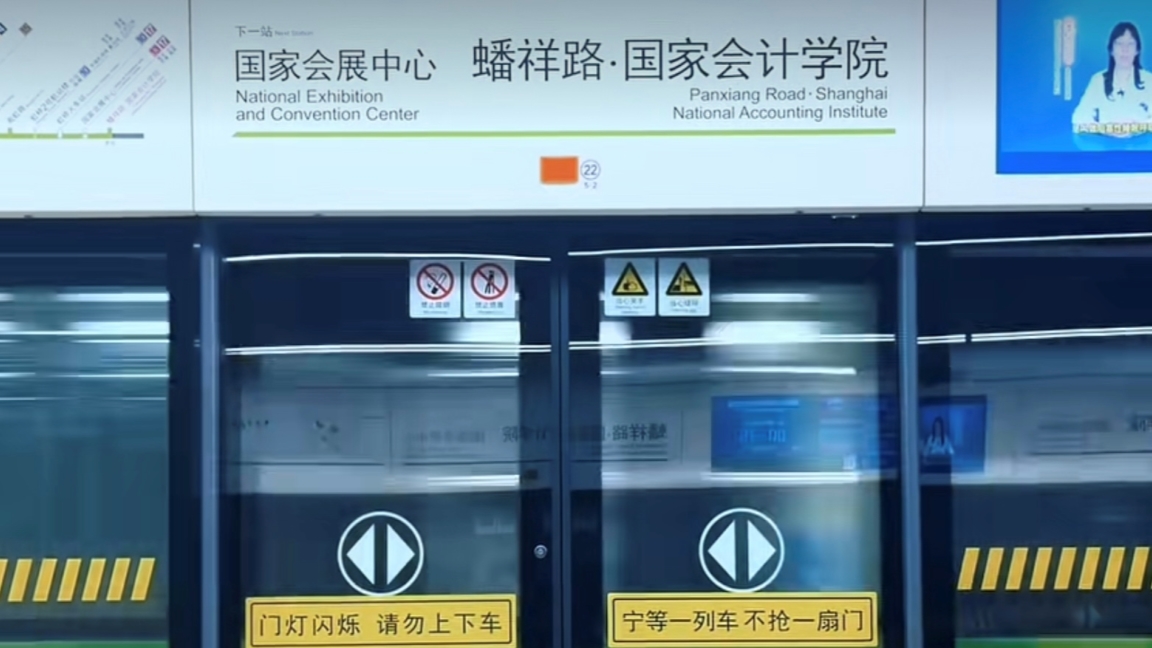China Licensing List Drops 80 Drugs in Industry Housecleaning

It was a routine regulatory update, but it didn't go unnoticed.
China's drug regulator announced a deregistration of 80 pharmaceutical products this week. No public safety issues. No forced recalls. Just details on a plain list posted on the website of the National Medical Products Administration.
But list quickly made waves.
Industry watchers, investors and even some patients began asking: Why so many cancellations and why now? What caught attention wasn't just the number, but the names behind them. More than half of the delisted products belonged to multinational or joint-venture drugmakers, raising questions about whether foreign companies are scaling back in a market once viewed as indispensable.
The reason isn't complicated; it's structural. None of the withdrawn drugs were cutting-edge therapies or high-demand imports. Rather, they were workhorse generics like allergy pills, antibiotics and cold medications – products squeezed by fierce price competition and new procurement rules.
This wasn't a crackdown. It was a deliberate, quiet retreat that may mark a shift in China's pharmaceutical strategy, from "having more" to "keeping what matters."
Every single one of the 80 products was pulled at the request of the companies themselves. No safety concerns, no quality scandals. Just a corporate version of cleaning house.
Some well-known products were on the list: allergy staple loratadine – sold in China under the brand name Claritin; asthma drug Ventolin; diabetes treatments like liraglutide injections and metformin combos; even chemotherapy drug doxorubicin. None of them failed clinically. They just stopped making business sense.
More than half of the deregistered drugs came from foreign or joint-venture firms, including global players like Pfizer and Merck. That alone was enough to trigger speculation that multinationals may be quietly pulling out of China's low-margin, high-regulation generics game.

But it's not so much an exodus as a reset.
In today's China, just keeping a drug on the market is no easy job.
First, there's the pricing. Under China's volume-based procurement system, drugs that win public hospital tenders must offer steep discounts, often slashing prices by 60 percent or even 80 percent. Lose a bid and you lose access to a majority of the hospital market.
Then there are the costs of compliance checks, management-practices audits, batch testing and annual renewals. For low-volume drugs, especially older generics, these aren't just headaches, they're financial liabilities.
Many of the well-known products that drew attention in this round of deregistrations are, in fact, legacy drugs long past their commercial prime and no longer central to the strategic focus of the companies that make them.
Across the global pharmaceutical industry, shedding aging product lines has become standard practice as companies shift focus. Pfizer and Novartis have stepped back from generics businesses. Glaxo-SmithKline (GSK) and Johnson & Johnson have spun off or sold units selling everything from over-the-counter cold medicine to bandages.
Maintaining a product license isn't cost-free. When a drug generates low sales, thin margins and no longer aligns with a company's core therapeutic focus, relinquishing a license is just good business.
The deregistrations won't affect health-care quality. Most of the drugs being pulled have no shortage of substitutes. Loratadine, for example, has over 100 separate approvals in China. The loss of Pfizer's doxorubicin chemotherapy injection or GSK's salbutamol inhalation solution for bronchial treatment isn't going to leave a clinical void. These molecules remain well-supplied by other domestic and international manufacturers.
China's de-registration is a snapshot in motion, showing an attempt to unclutter a market long bloated by low-volume medicines with little therapeutic differentiation.
The new pharma focus emerging is one that will reward cost efficiency, clinical value and lifecycle stewardship. In China, it's an evolution toward consolidation and quality.


In Case You Missed It...








